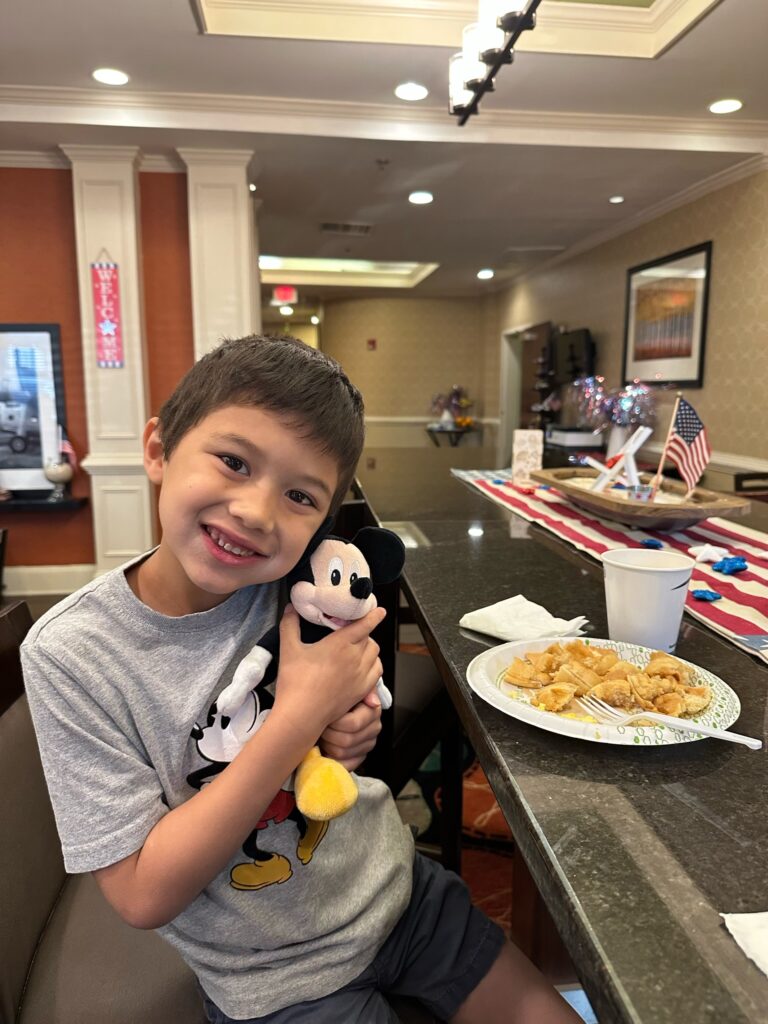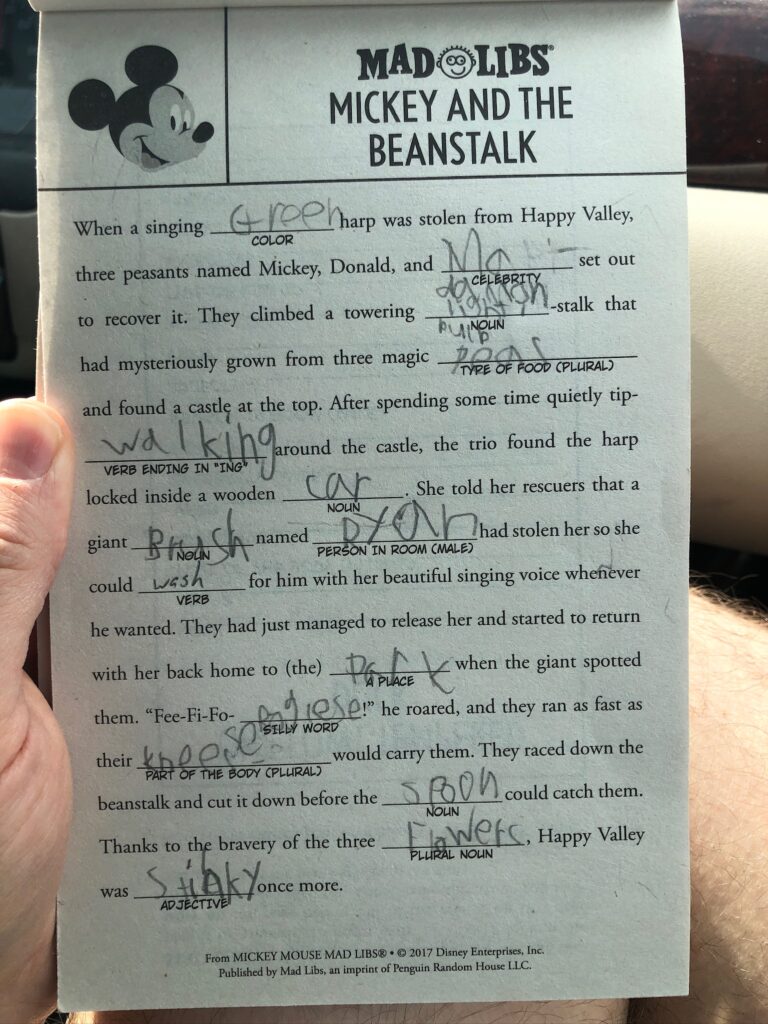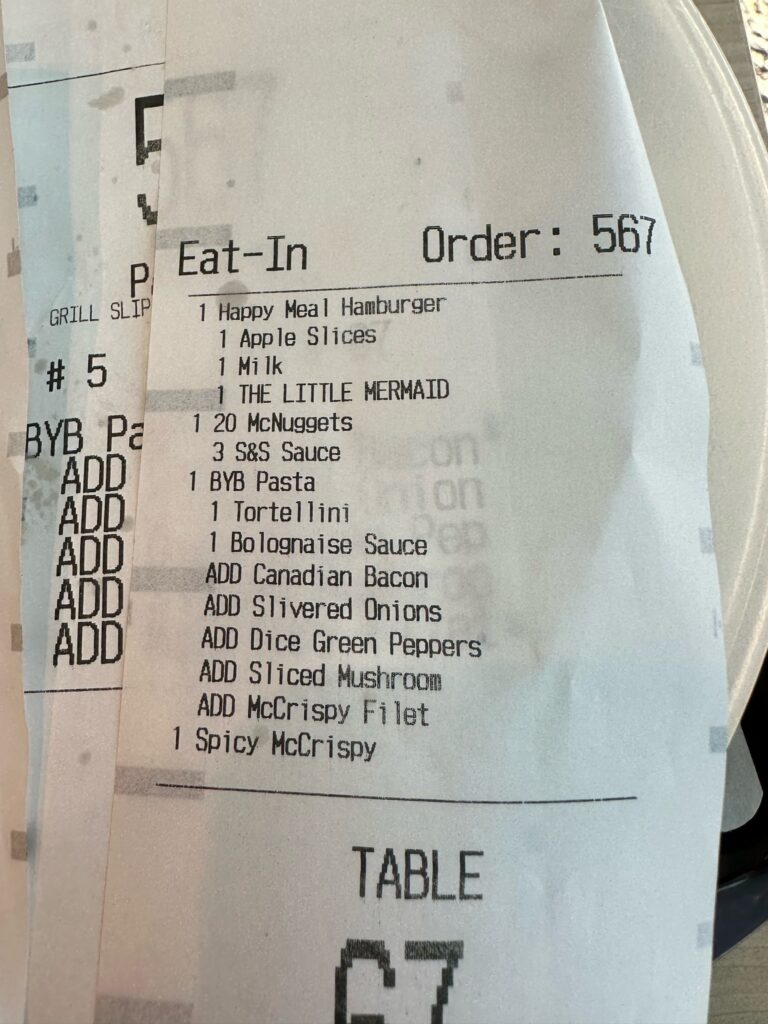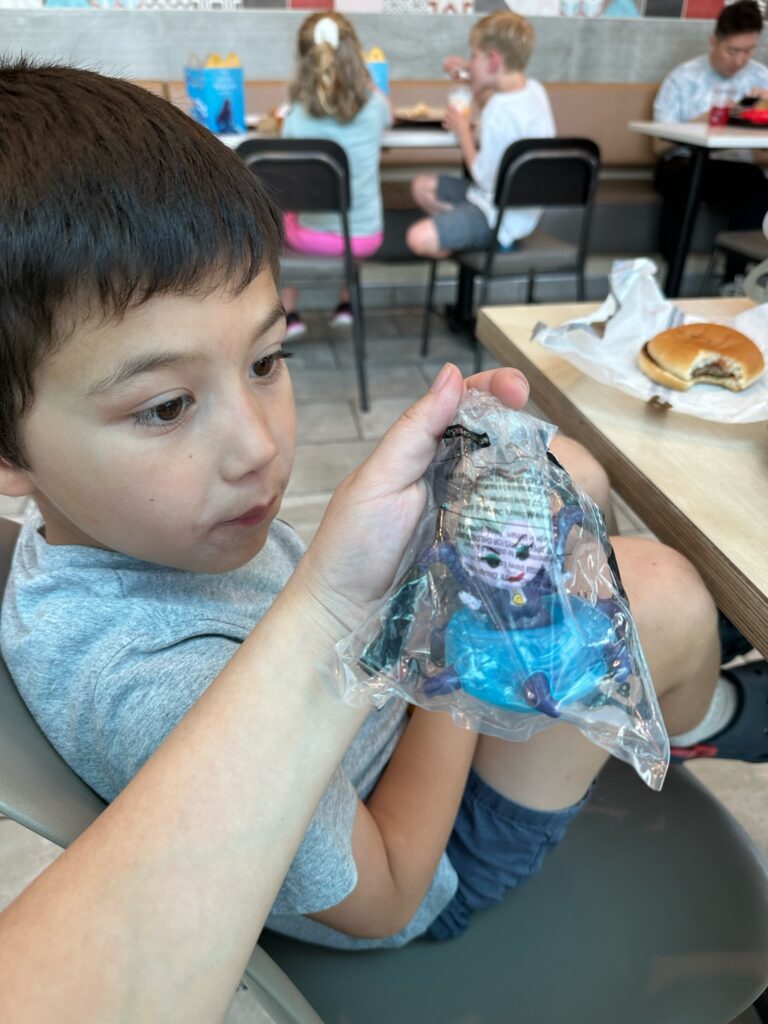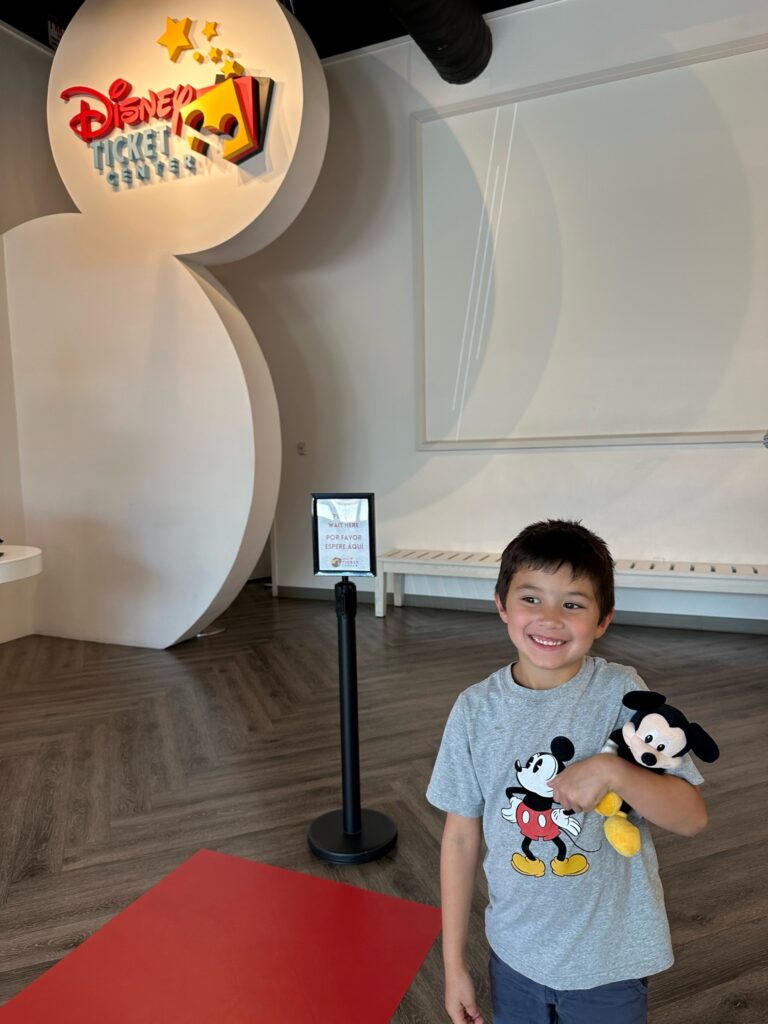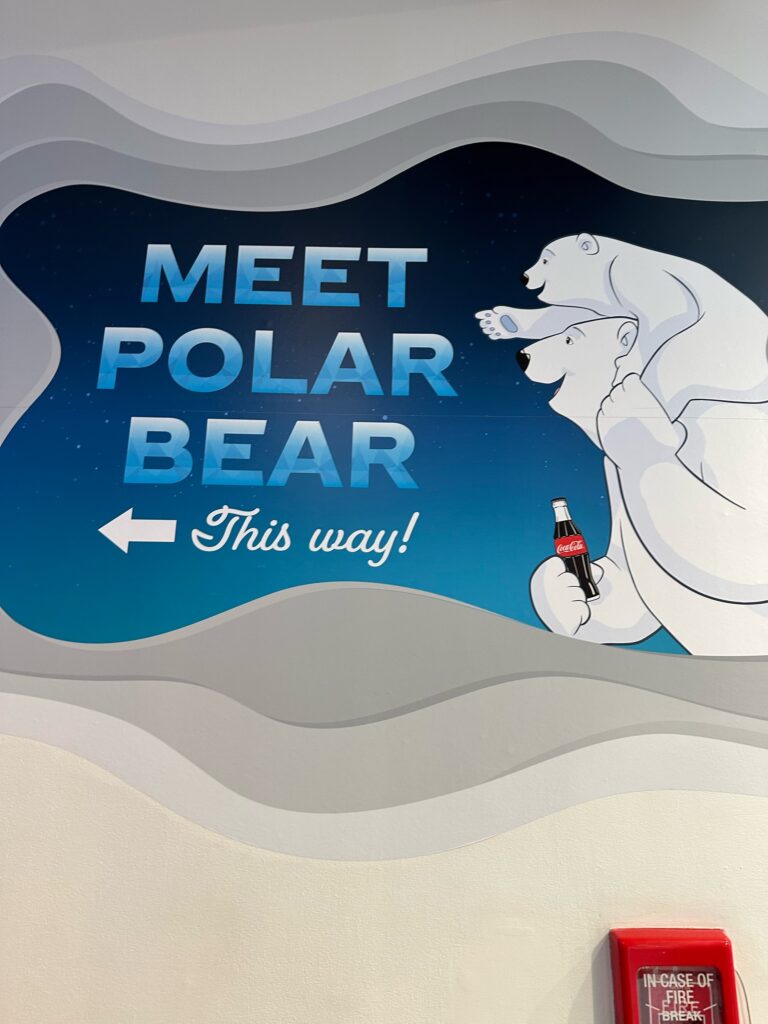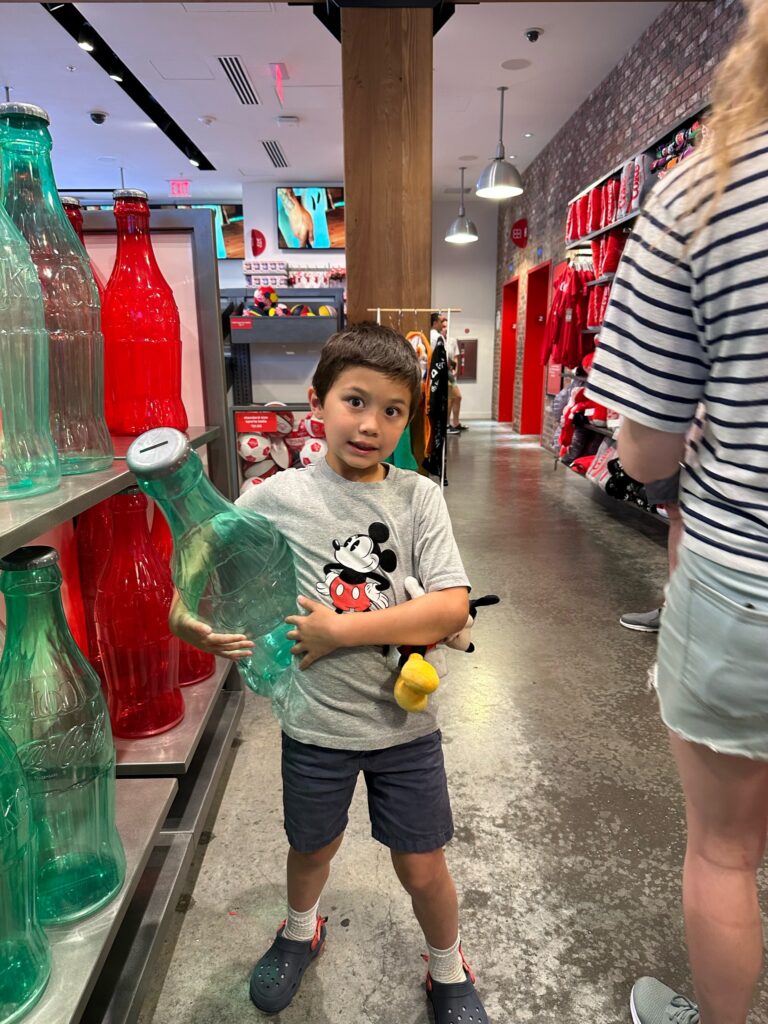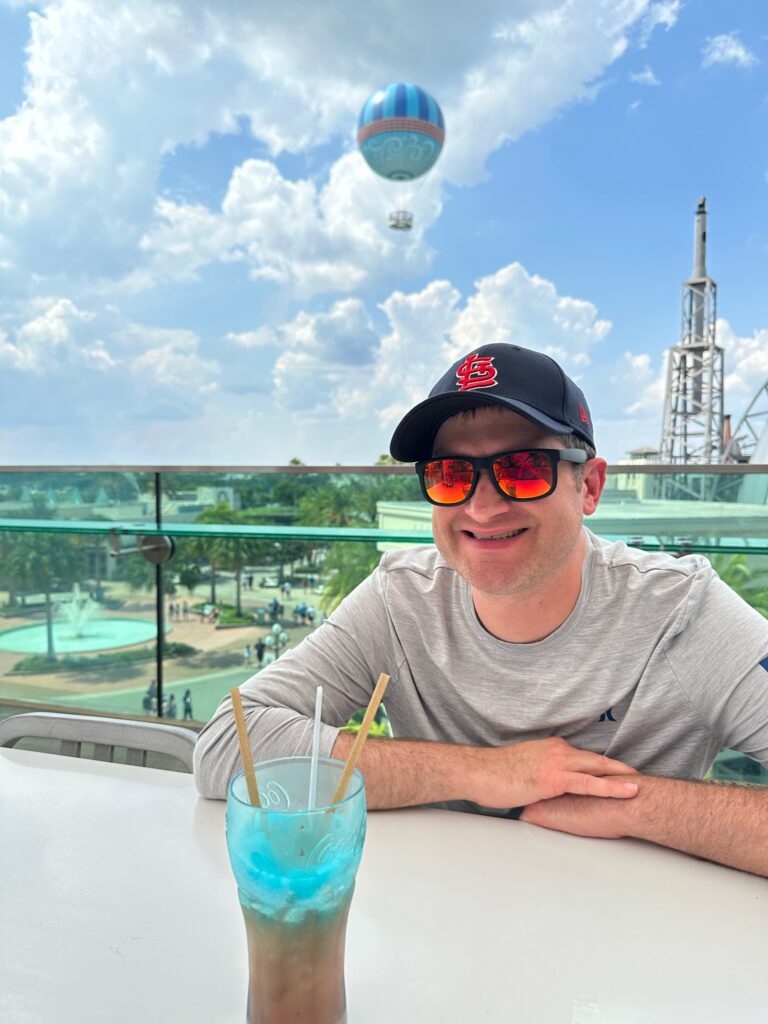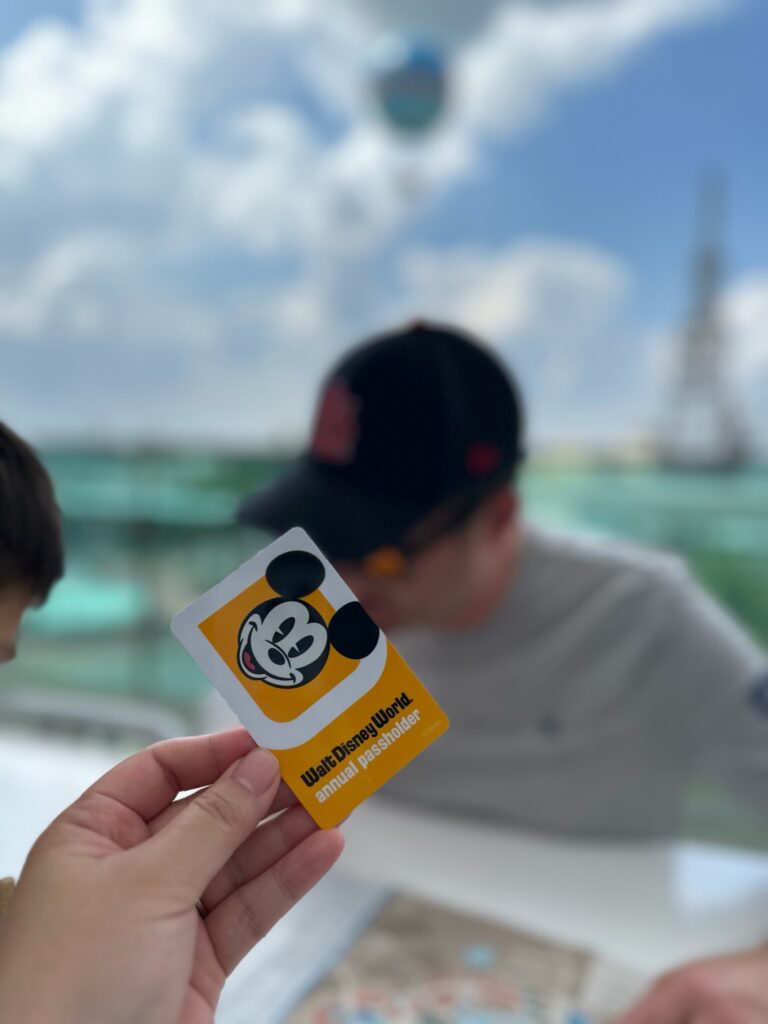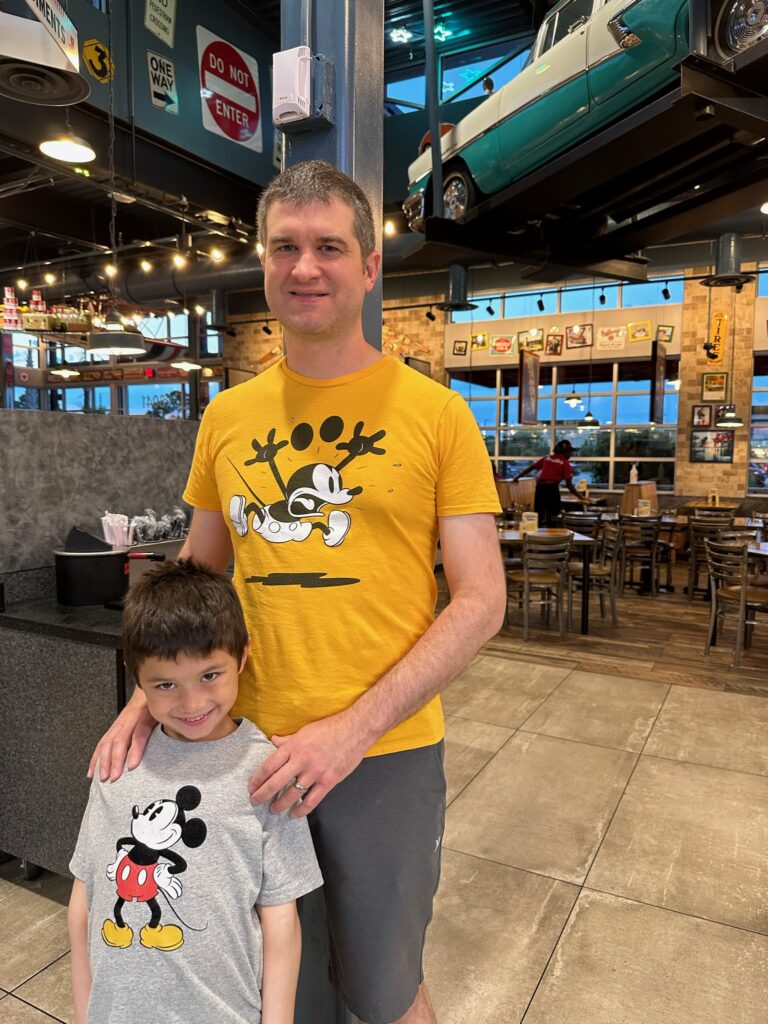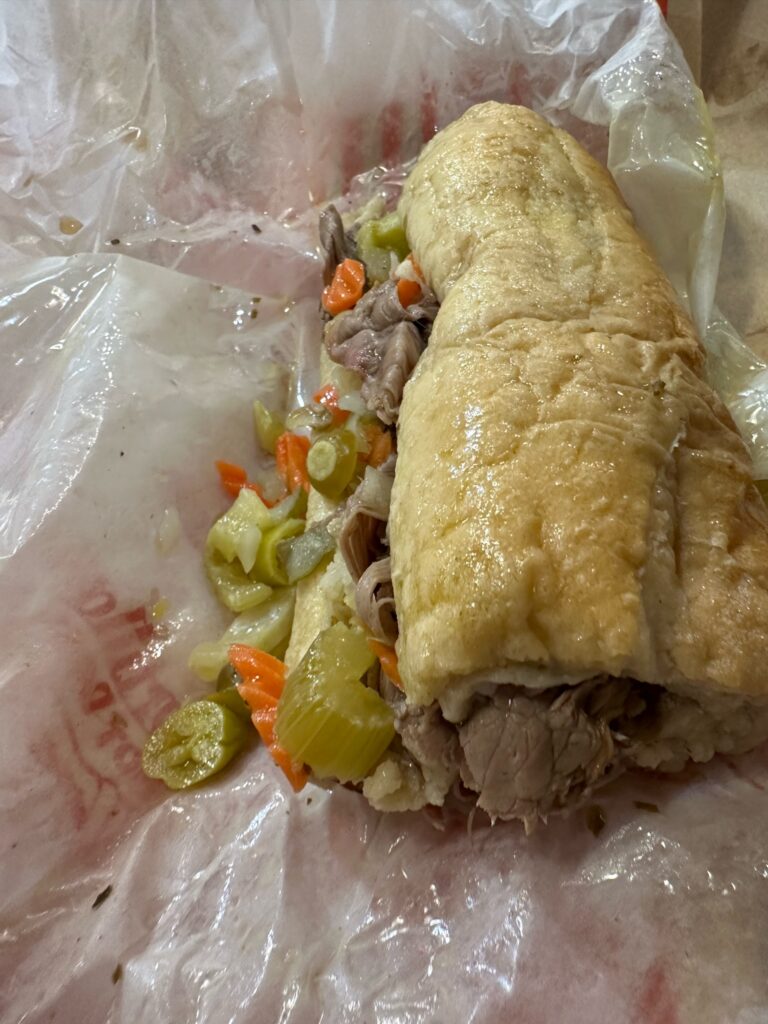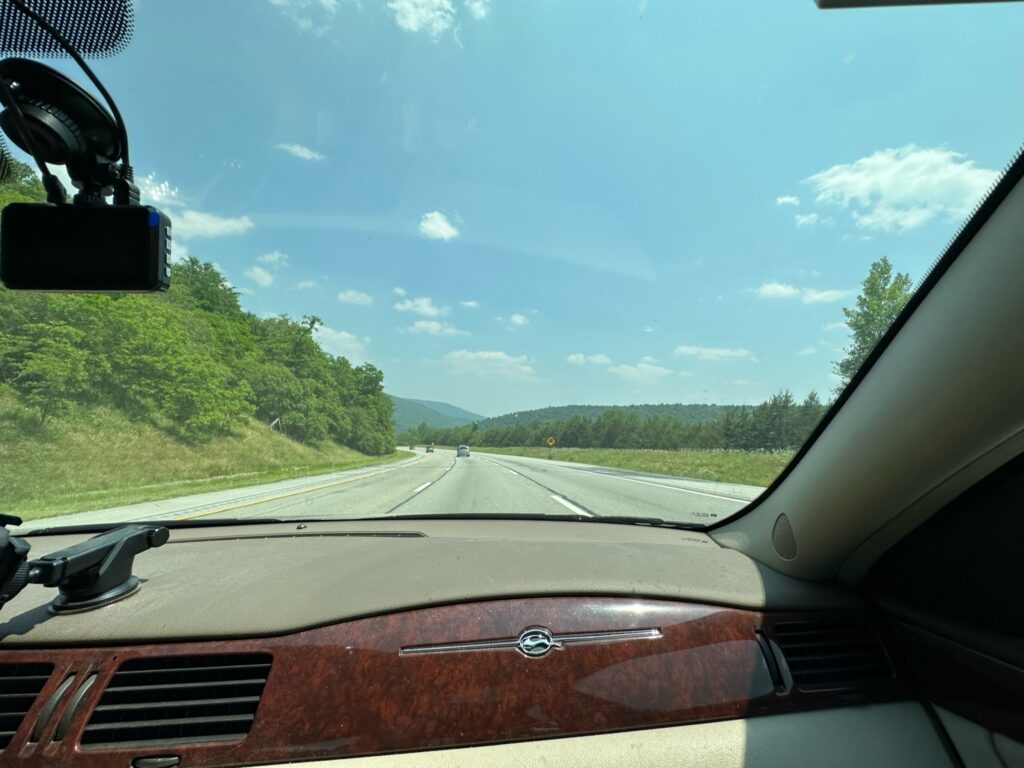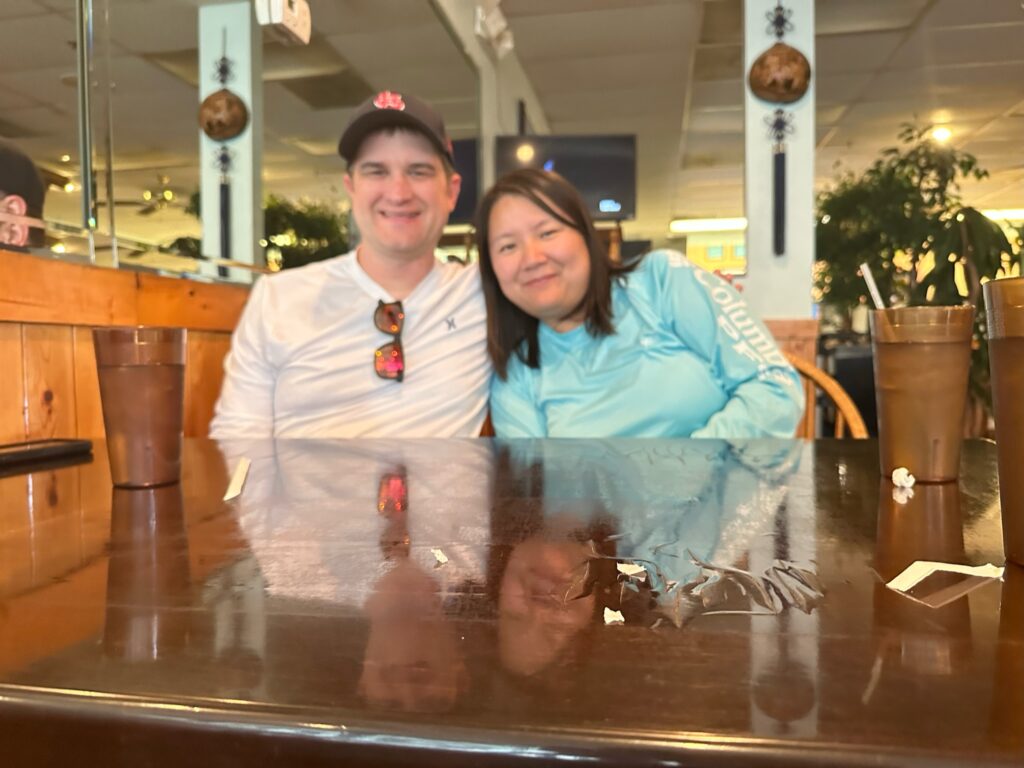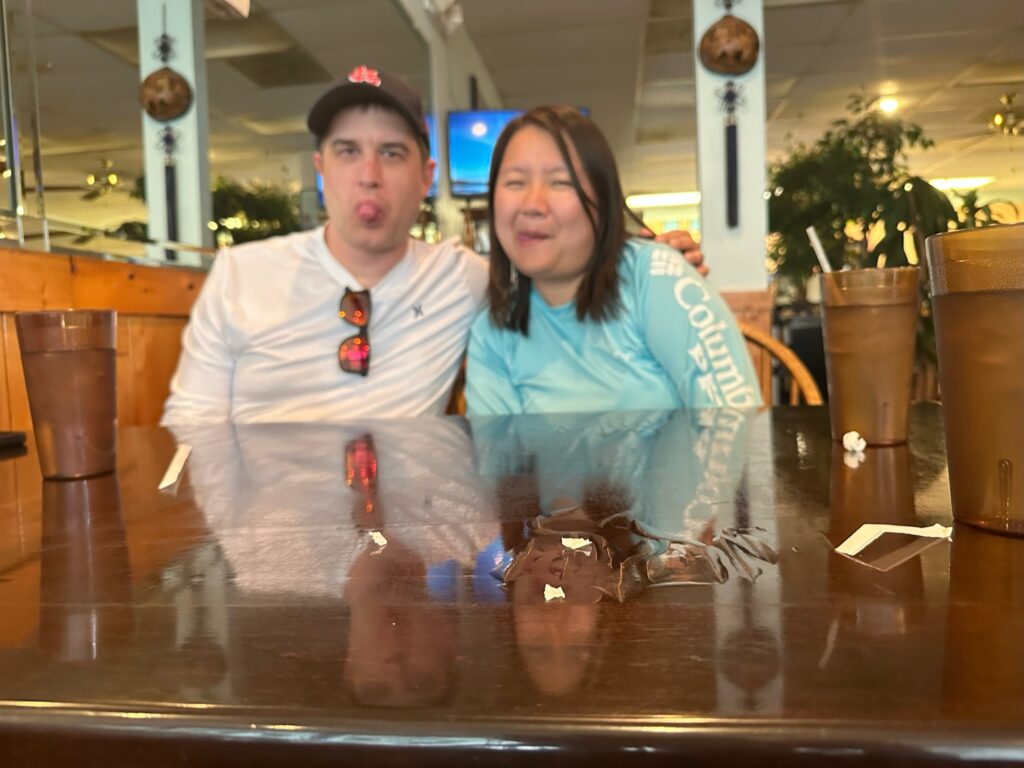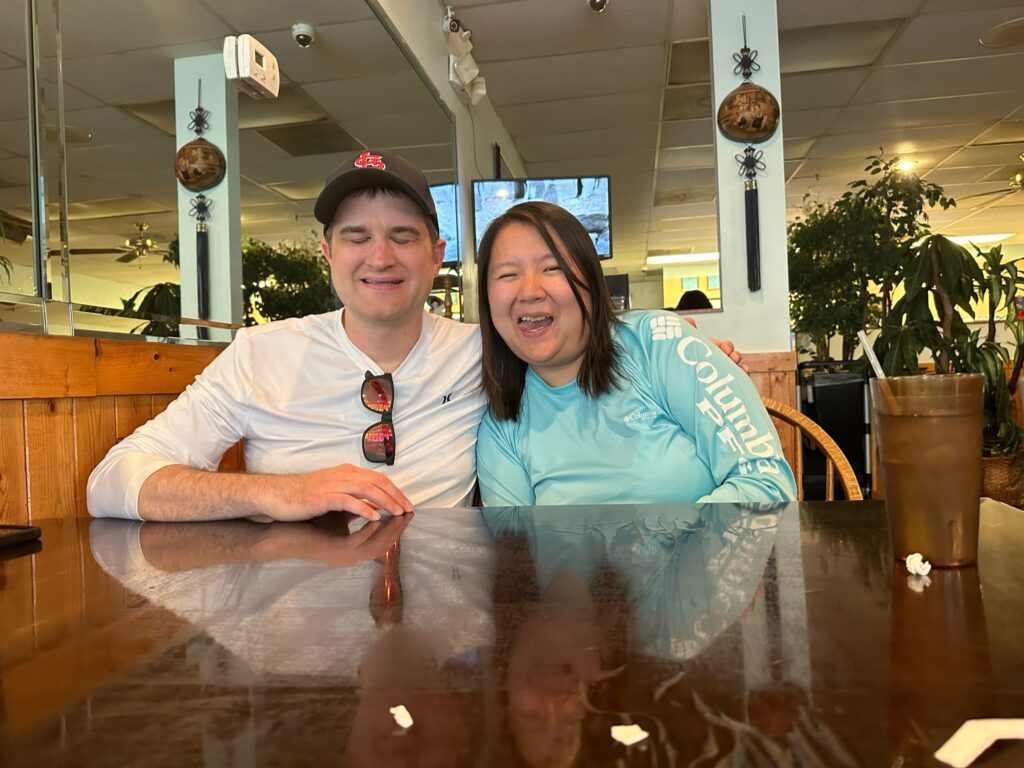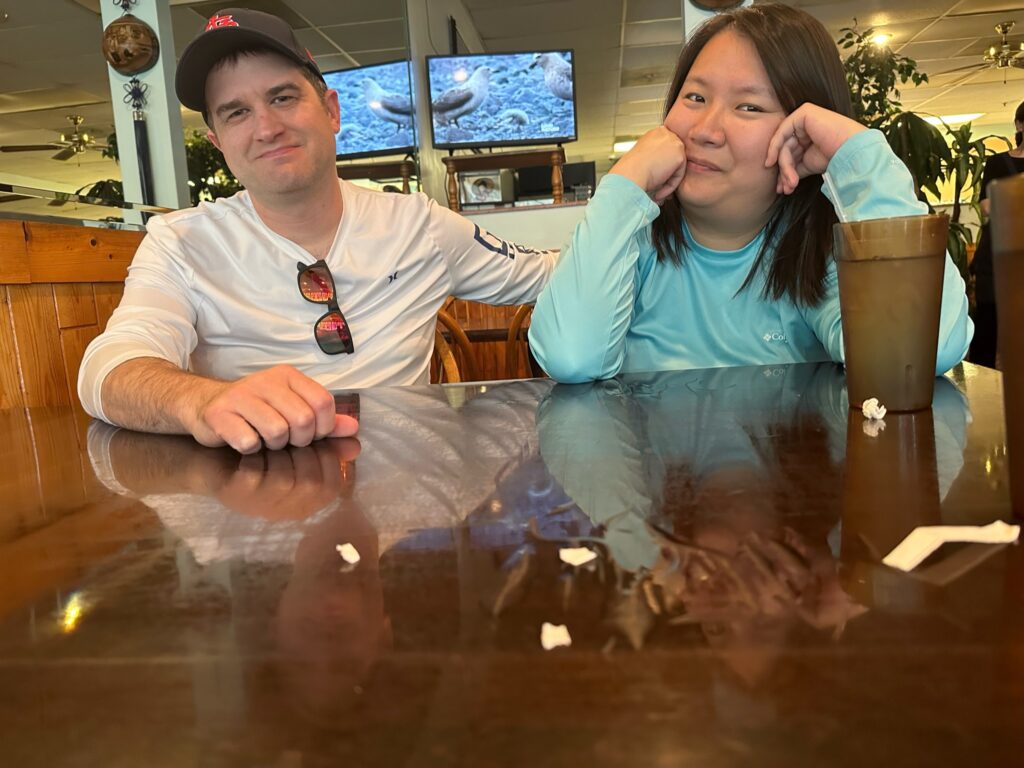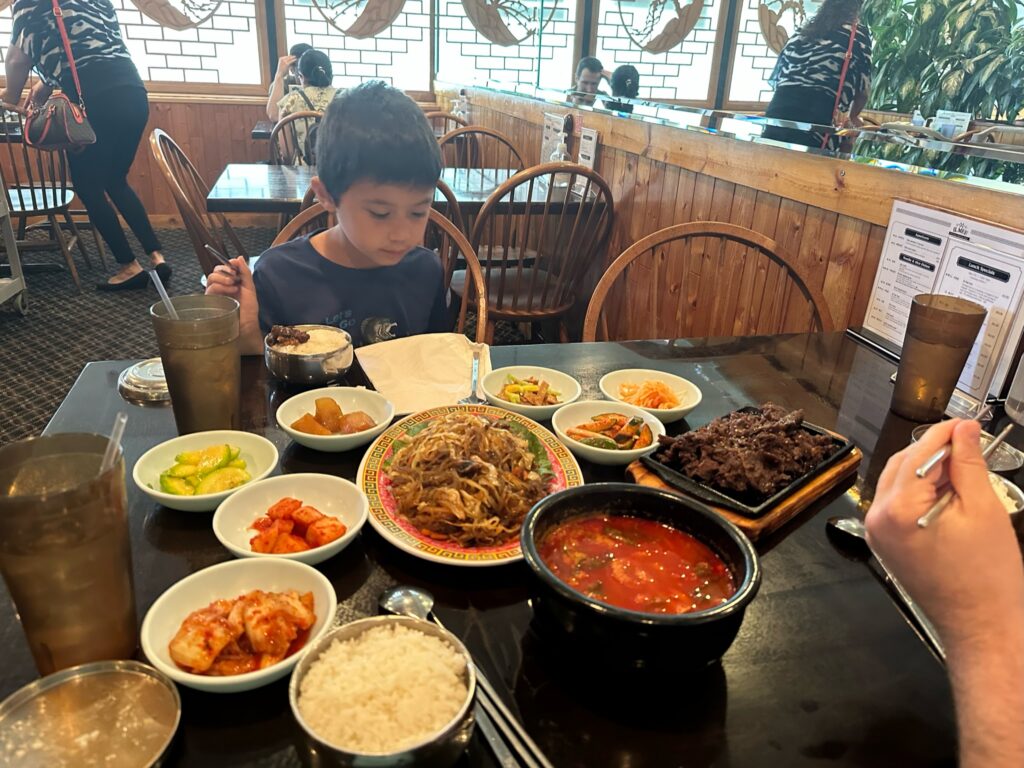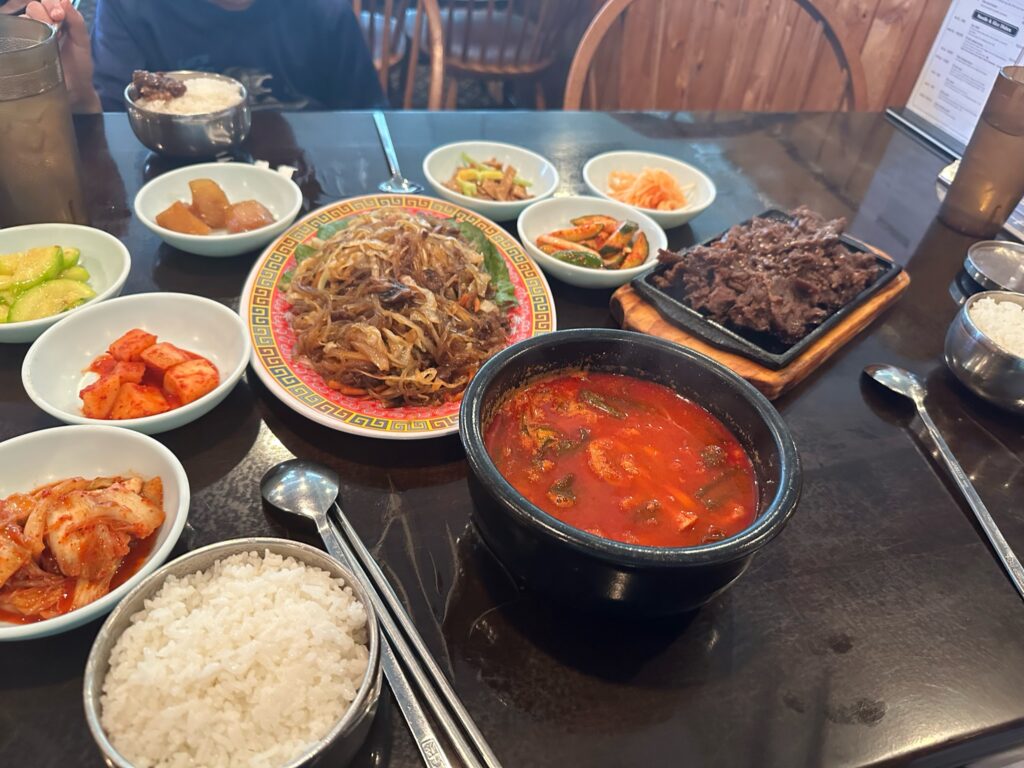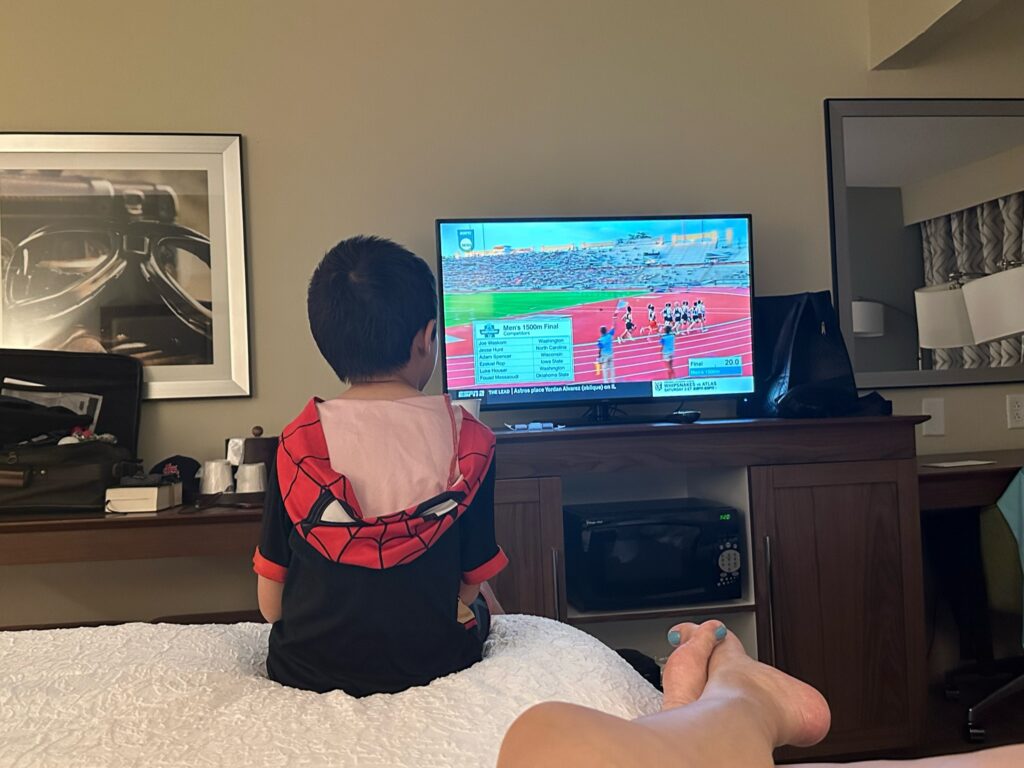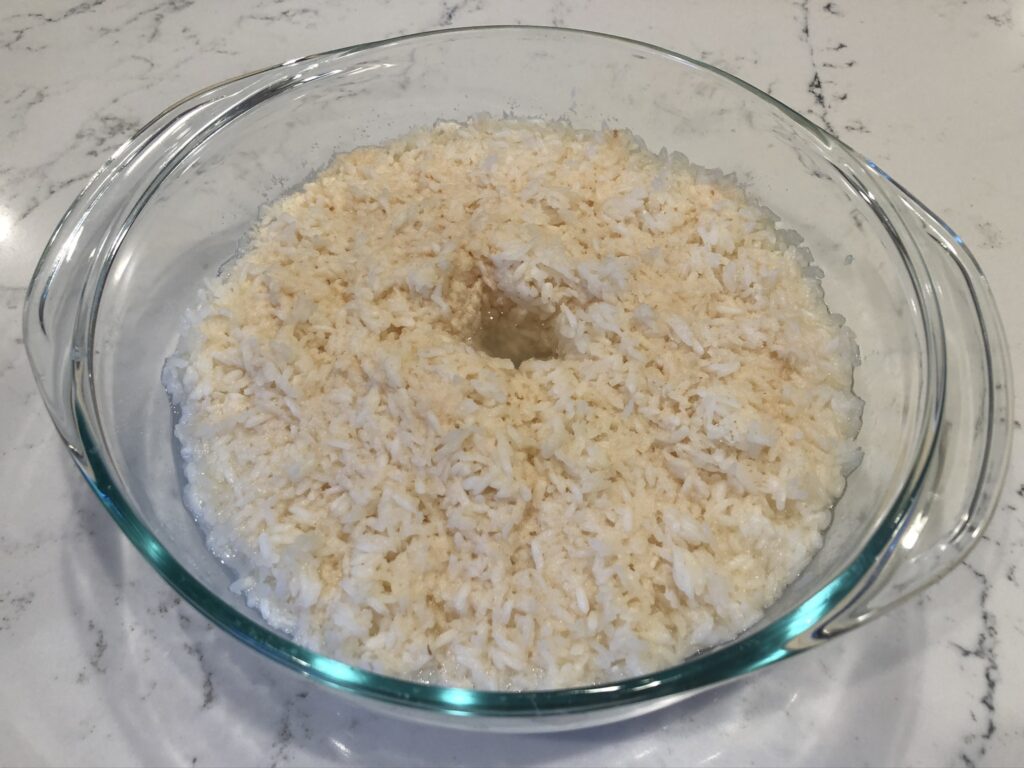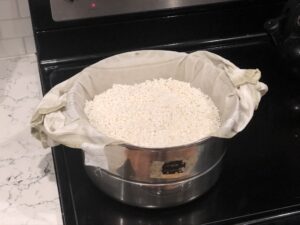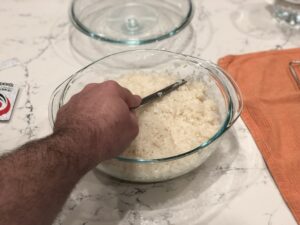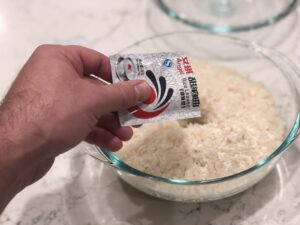Hey Bud,
We certainly had a great trip to China to visit mom’s family. It’s a shame you are too young to remember it, so I’ll write down some memories for you.
Getting to China got off to a rough start. The week before the trip you had started coughing, maybe on Wednesday. By Friday morning, we knew you needed to see the doctor. We were able to get a late morning appointment for you Friday and found out you had an ear infection. You were prescribed cefdinir, which you’ve taken before. It turns your poo red, but that’s about the only side effect.
For traveling to and from China, I had come up with a pretty, what I thought, clever idea. We’ll take nighttime diapers with us on the flight since they hold more urine than regular diapers. Doing some calculations, I determined that five of those diapers should cover the, roughly, 24 hours of travel to your mom’s hometown of Nanjing.
I also came up with an idea to help manage air pressure in your ears during takeoffs and landings. We picked up several of those pureed fruit and vegetable squeezes that you could suck on, hopefully relieving some of that pressure. So that you knew how to use them on the plane, we bought a few extras that you could try before the trip. I would unscrew the lid and hand them to you, and you immediately took to them without any issue.
With all of that prepping, the day to leave had finally arrived. We got all packed and drove to St. Louis International Airport. After getting the car parked, shuttled to the terminal, bags checked, and passing security screenings, we were finally at the gate. You, me, your mom, and grandma and grandpa were all set to go. You were having a great time running around and waving to fellow travelers.
It was maybe after 20 minutes of waiting that I looked down and saw the back of your pants are wet on both sides. After a quick visual check, you had had a pretty massive bowel movement. Mom and I whisked you off to the nearest family bathroom to change your diaper. We get your pants and dirty diaper off and get you all cleaned up. As I’m putting the new diaper on you, I end up ripping the velcro tab off. “You’ve got to be kidding me”, I yell out. We pull the next diaper out and are able to secure that one without issue. At this point, it dawns on us that with all of our planning, we didn’t pack you a change of clothes in our carry on luggage, which was a huge oversight, so Mom rinsed and dried your pants at the hand drier. Once she was done, we finish getting you back together and headed back to the gate.
On the way back I start calculating: we have about 24 hours of traveling, only three diapers left, and a potentially chronic diarrhea baby. The maths says I’m going to have to find some more diapers. I leave you and your mother at the gate and head off to the nearest Hudson News. In the back, interspersed in all of the personal care items, I find diapers. The biggest size they have is four, even though you are size five. I buy two packages, each package has two diapers in it, for $8.99 apiece. That’s $4.50 a diaper. To give you some perspective, we typically buy a box of 150 diapers for $42.99. That’s $0.29 a diaper. I was not pleased.
So now we are up to seven diapers. At this point, the gate opens and we board the plane to Chicago, which is about a 45-minute flight. The flight is so short, that by the time you hit cruising altitude it’s already time to start the descent. On takeoff, we hand you one of those puree squeezes to help with your ear pressure. Unlike previous trials, this time you grab and squeeze it before it is in your mouth, shooting it up in the air and landing on the seat, my new jacket, and, of course, your freshly cleaned pants. “What are you doing to us, buddy?” I cry out. Mom grabs some cleansing wipes and we clean everything up as best we can, putting the soiled wipes in a sanitary bag. As these are your only clothes we have on hand, we have to keep them clean as best we can.
The rest of the flight goes well. There are no incidents. We land in Chicago and make our way to the gate to take the flight to Shanghai. At the gate, we do a diaper check, and sure enough, you had soiled it again. Going through about one diaper an hour means that we still don’t have enough diapers for the 14-hour flight from Chicago to Shanghai. Mom and grandma take you to the bathroom to change your diaper, while I ran off trying to find more diapers.
I come across Hudson News. “Perfect, I’ll buy eight $4.50 diapers, no problem.” I look through the personal care section but don’t see any diapers. I ask the lady working there, she says they don’t sell diapers. “Great!” I leave thinking maybe that Hudson News doesn’t sell diapers, but surely the next one does. Not too much farther down is another Hudson News, much smaller than the last one. Before I walk in I’m already convinced this one doesn’t have diapers either. I look around for a few seconds before asking the woman at the counter. She confirms that they don’t sell diapers. I’m starting to panic. I keep heading down the terminal till I can find the next store that might possibly sell diapers. Again, I come across another Hudson News. This one is bigger than the previous two. It gives me hope but after looking around for a minute, I know this one is a loss. I step out and notice a store next door selling children’s clothes. Perhaps they sell diapers, I think. I walk over and start looking. The woman working there notices my Cardinals hat and starts chatting with me about baseball. I don’t even remember what we talked about as I was so focused on the task at hand. Finally, I blurted out, “Do you sell diapers?”
“No,” she says, “but Travelers Aid might. It’s about a ten-minute walk towards concourse F, across from the children’s museum.”
“Thanks,” I say and I’m off, power walking my way through the airport. I don’t remember much of the walk, other than my leg muscles hurt. I finally see a sign indicating Travelers Aid is up ahead. When I get to it, it is just a door. I open it, and there are two desks with individuals sitting at each of them. The guy at the desk nearest the door says hello. I ask if this is Travelers Aid. He says it is. I tell him I thought it would be a store. He looks down a little, as though embarrassed that it isn’t a store. I say I’ve been looking for diapers, and someone directed me here.
“Yeah we have diapers. What size do you need?”
“Size 5 if you have them.”
He walks into the next room and I follow him. A row of wide filing cabinets line the wall. He opens a drawer and it contains bundles of diapers. After searching for a bit, he finds them.
“Is three enough?”
“Can you spare anymore? We’re flying to Shanghai. It’s a 14 hour flight.”
“Oh, how about six then?”
“That’d be great”
I take the diapers and thank him profusely as I head towards the door. I start to open it when it dawns on me that I haven’t paid. I ask, “Do I owe you anything?”
“We’re a social service based organization and our income is based on donations.” Pointing to a jar on his desk.
“Oh,” I say, as I pull out my wallet and put all my money in, which amounted to a measly five dollars.
I thank him again and then leave. The rest of the traveling to China is rather uneventful. You definitely kept me busy on the plane. There were plenty of diaper changes, but by the time we finally got to Nanjing, there were three diapers left in the diaper bag. We visited the airplane’s lavatory quite a few times, and I grew rather fond of the small space. Everything was within arms reach, and you had no where to go.
Sometime later I’ll discuss more of the trip, but in regards to the first fear I had about this trip, you were a trooper.
I write all of this to essentially say, support Travelers Aid.
From Your Dad

